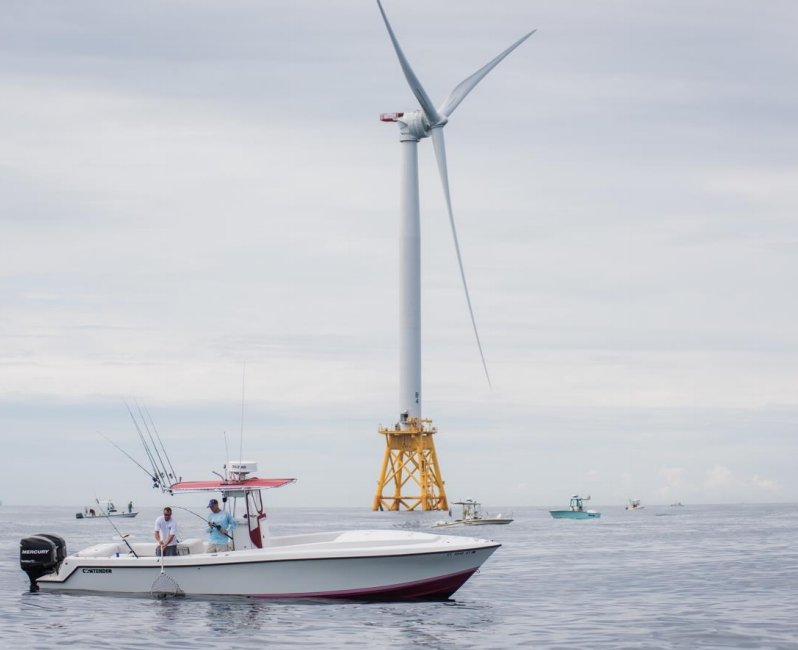Proposed offshore wind farms in the U.S. are getting a lot of attention. If not trending, they're certainly trendy. What has burned like an ember for years is now a grass fire.
What's fueling the fire is this country's desire to get its energy from a more environmentally friendly source compared to oil and gas. People seem to want it.
President Joe Biden is leading this charge toward change. He issued executive orders on Jan. 27 that called for an end to fossil fuel subsidies and froze new leasing off the Outer Continental Shelf (OCS), while simultaneously directing the Department of Interior (DOI) to review permitting processes and identify other steps the U.S. can take to double offshore wind capacity over the next decade. On March 29, Biden floated plans to offer $3 billion in federal loan guarantees for offshore wind developments.
So is this the beginning of the end for fossil fuels? Don't bet on it.
"Despite the subsequent cancellation of a scheduled federal offering on March 17, the leasing moratorium, in and of itself, had little near-term impact on the Gulf of Mexico, where operators collectively hold more than 1,700 active leases not in production, according to the DOI's Bureau of Ocean Energy Management (BOEM). Earlier acquired leases and permits were not affected by the leasing interruption," Jim Redden wrote in WorkBoat’s cover story in May.
My guess is when all this shakes out (maybe 2050), our energy future will include a menu of energy producing options such as wind, solar, hydrogen, wave technology and, yes, oil and gas. We'll find cleaner and more efficient ways to use them all. Maybe even coal.
But no matter what form of energy we use, nothing will burn, spin or process like the dirtiest business of them all — politics. And that's the key to the future of the Gulf of Mexico, according to veteran energy analyst Allen Brooks. "I think the Gulf has several challenges. Yes, prices are up and that's good. Cash flow for companies are improving and that's good. But, then you have the unknown, which at the moment is what the heck is government policy going to be?"
That would depend on who's running the country.




